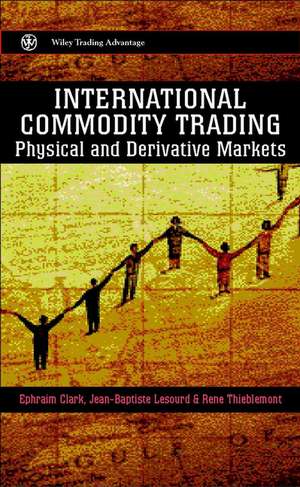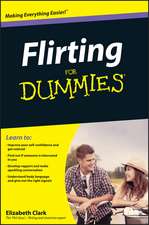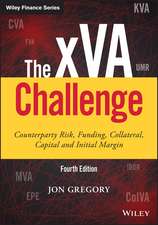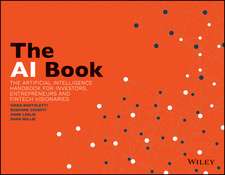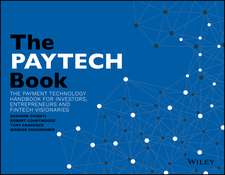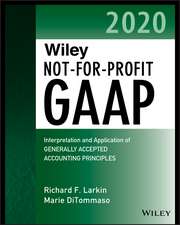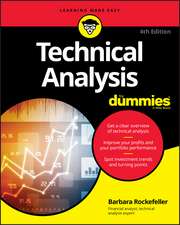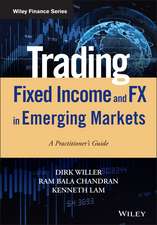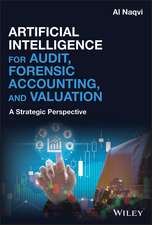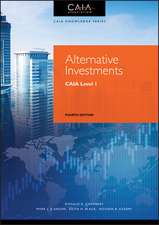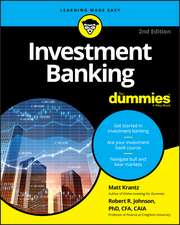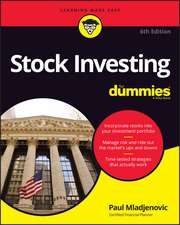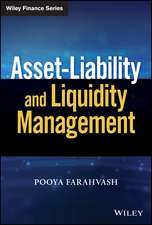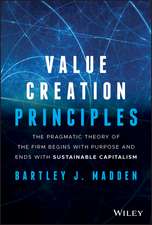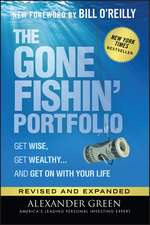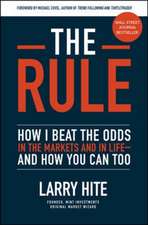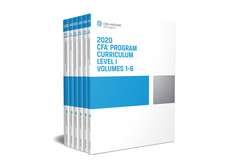International Commodity Trading – Physical & Derivative Markets: Wiley Trading
Autor E Clarken Limba Engleză Hardback – 15 mar 2001
Din seria Wiley Trading
-
 Preț: 367.29 lei
Preț: 367.29 lei -
 Preț: 301.14 lei
Preț: 301.14 lei - 8%
 Preț: 394.83 lei
Preț: 394.83 lei - 9%
 Preț: 621.56 lei
Preț: 621.56 lei - 8%
 Preț: 364.89 lei
Preț: 364.89 lei -
 Preț: 352.61 lei
Preț: 352.61 lei -
 Preț: 329.07 lei
Preț: 329.07 lei -
 Preț: 424.60 lei
Preț: 424.60 lei -
 Preț: 337.69 lei
Preț: 337.69 lei -
 Preț: 337.64 lei
Preț: 337.64 lei - 8%
 Preț: 467.47 lei
Preț: 467.47 lei - 8%
 Preț: 371.75 lei
Preț: 371.75 lei - 8%
 Preț: 429.86 lei
Preț: 429.86 lei -
 Preț: 380.10 lei
Preț: 380.10 lei - 8%
 Preț: 400.29 lei
Preț: 400.29 lei -
 Preț: 335.58 lei
Preț: 335.58 lei -
 Preț: 327.32 lei
Preț: 327.32 lei -
 Preț: 188.54 lei
Preț: 188.54 lei -
 Preț: 343.36 lei
Preț: 343.36 lei -
 Preț: 386.24 lei
Preț: 386.24 lei - 8%
 Preț: 395.25 lei
Preț: 395.25 lei - 8%
 Preț: 551.90 lei
Preț: 551.90 lei -
 Preț: 362.92 lei
Preț: 362.92 lei -
 Preț: 304.21 lei
Preț: 304.21 lei - 8%
 Preț: 373.18 lei
Preț: 373.18 lei -
 Preț: 304.44 lei
Preț: 304.44 lei -
 Preț: 371.32 lei
Preț: 371.32 lei -
 Preț: 379.66 lei
Preț: 379.66 lei -
 Preț: 277.14 lei
Preț: 277.14 lei -
 Preț: 338.07 lei
Preț: 338.07 lei -
 Preț: 328.63 lei
Preț: 328.63 lei -
 Preț: 228.07 lei
Preț: 228.07 lei - 8%
 Preț: 382.49 lei
Preț: 382.49 lei -
 Preț: 381.20 lei
Preț: 381.20 lei -
 Preț: 289.93 lei
Preț: 289.93 lei -
 Preț: 336.99 lei
Preț: 336.99 lei -
 Preț: 354.80 lei
Preț: 354.80 lei - 8%
 Preț: 427.85 lei
Preț: 427.85 lei - 8%
 Preț: 469.69 lei
Preț: 469.69 lei -
 Preț: 264.76 lei
Preț: 264.76 lei - 8%
 Preț: 564.42 lei
Preț: 564.42 lei - 8%
 Preț: 372.97 lei
Preț: 372.97 lei - 8%
 Preț: 593.37 lei
Preț: 593.37 lei -
 Preț: 273.41 lei
Preț: 273.41 lei - 8%
 Preț: 538.51 lei
Preț: 538.51 lei - 8%
 Preț: 605.71 lei
Preț: 605.71 lei - 8%
 Preț: 537.53 lei
Preț: 537.53 lei - 8%
 Preț: 441.38 lei
Preț: 441.38 lei -
 Preț: 380.10 lei
Preț: 380.10 lei - 8%
 Preț: 555.51 lei
Preț: 555.51 lei
Preț: 900.20 lei
Preț vechi: 989.23 lei
-9% Nou
Puncte Express: 1350
Preț estimativ în valută:
172.28€ • 179.19$ • 142.22£
172.28€ • 179.19$ • 142.22£
Carte tipărită la comandă
Livrare economică 14-28 aprilie
Preluare comenzi: 021 569.72.76
Specificații
ISBN-13: 9780471852100
ISBN-10: 0471852104
Pagini: 272
Dimensiuni: 152 x 229 x 16 mm
Greutate: 0.51 kg
Ediția:New.
Editura: Wiley
Seria Wiley Trading
Locul publicării:Chichester, United Kingdom
ISBN-10: 0471852104
Pagini: 272
Dimensiuni: 152 x 229 x 16 mm
Greutate: 0.51 kg
Ediția:New.
Editura: Wiley
Seria Wiley Trading
Locul publicării:Chichester, United Kingdom
Public țintă
This book will therefore be applicable to: 1. Traders/executives in trading companies operating on physical and futures markets, as well as executives of recongnised commodity exchanges and of financial institutions and financial intermediates operating on such exchanges.2.Post–graduate, masters and Ph.D students in general finance courses such as for example at Middlesex University the Business Economics (BEC) B Sc and BA courses, or the Msc in Finance at Imperial College. Other courses would be for example the Business and Finance M Sc at Leicester University or the Institutional Investment and Risk Management at City University (B Sc)
3. Executives of companies involved in the production, the storage and the use of basic commodities, including all agricultural commodities (wheat, corn, coffee, cocoa, tea, cotton, wool, natural rubber, etc. ) energy commodities (crude oil, oil products, natural gas, coal, electricity...), and mineral commodities (ferous and non–ferrous metals, precious metals, etc.)
Geographically this book will be of interest throughout the world, especially in English speaking countries: in the UK (London is one of the leading centres in the physical and futures trading of commodities, and a number of British academic institutions have some interest in these markets), in the United States (NY and Chicago are also leading departments to which this book should be directed), in Australia, Canada and South Africa, which are leading in the production of many basic commodities, (this leads to an interest in commodity markets in the university systems of these countries as well). In the rest of the world, many novel commodity markets are emerging, such as the experimental spot and futures electricity markets developed in the nordic countries (Denmark, Finland, Norway and Sweden).
